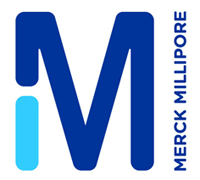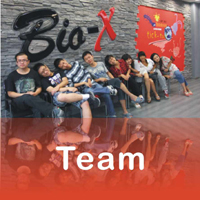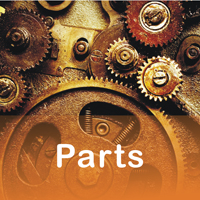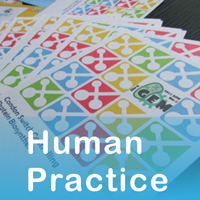Team:SJTU-BioX-Shanghai
SJTU-BioX-Shanghai iGEM team is designing a set of Codon-Switches that regulate target protein biosynthesis (translation).
In our Rare-Codon Switch, the translation of the protein can be finely turned up/down with the control of rare tRNA amount, aaRS that charges the rare tRNA and rare codons.
Besides, our device can be made into switches that can be turned on/off without background noise in two ways. One is to use stop codon as the controlling element, the Stop-Codon Switch. The other is to use any codon but the original start codon to initiate translation, the Initial-Codon Switch.
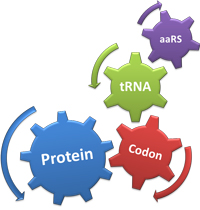
Our design has expanded the regulating tools for synthetic biology and introduced brand-new methods for protein function analysis. See more about project applications, click here.
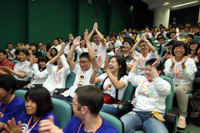
 Gold Medal and Best New BioBrick Part or Device, Engineered: BBa_K567011 & BBa_K567012 at Asia Jamboree. Advancing to World Champion!
Gold Medal and Best New BioBrick Part or Device, Engineered: BBa_K567011 & BBa_K567012 at Asia Jamboree. Advancing to World Champion!
 Constructed three Codon Switches that controls protein biosynthesis, Rare-Codon Switch, Stop-Codon Switch and Initial-Codon Switch.
Constructed three Codon Switches that controls protein biosynthesis, Rare-Codon Switch, Stop-Codon Switch and Initial-Codon Switch.
 Used Rare-Codon Switch to turn up/down protein biosynthesis by controlling rare tRNA amount, aaRS and the number of rare codons.
Used Rare-Codon Switch to turn up/down protein biosynthesis by controlling rare tRNA amount, aaRS and the number of rare codons.
 Built our Rare-Codon Switch in silic and demonstrated the reliability of the model through our experiment results.
Built our Rare-Codon Switch in silic and demonstrated the reliability of the model through our experiment results.
 Constructed two strict switches, Stop-Codon Switch and Initial-Codon Switch, that can turn on/off protein biosynthesis.
Constructed two strict switches, Stop-Codon Switch and Initial-Codon Switch, that can turn on/off protein biosynthesis.
 Constructed 21 biobricks in our 3 sub-projects
Constructed 21 biobricks in our 3 sub-projects
 Analysed the structures of 18 aaRS with structural biological methods. Designed structures of 14 modified aaRS deprived of their anticodon recognition ability.
Analysed the structures of 18 aaRS with structural biological methods. Designed structures of 14 modified aaRS deprived of their anticodon recognition ability.
 Expanded the regulating tools for synthetic biology and developed two brand-new ways that facilitate the study of protein function.
Expanded the regulating tools for synthetic biology and developed two brand-new ways that facilitate the study of protein function.
 Promoted synthetic biology in high school class. Designed a questionnaire and did a survey on high school students’ understandings and attitudes towards synthetic biology.
Promoted synthetic biology in high school class. Designed a questionnaire and did a survey on high school students’ understandings and attitudes towards synthetic biology.
 "
"

